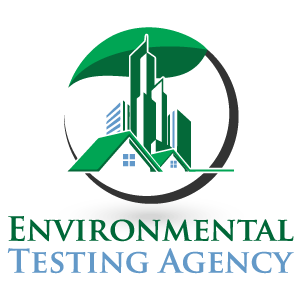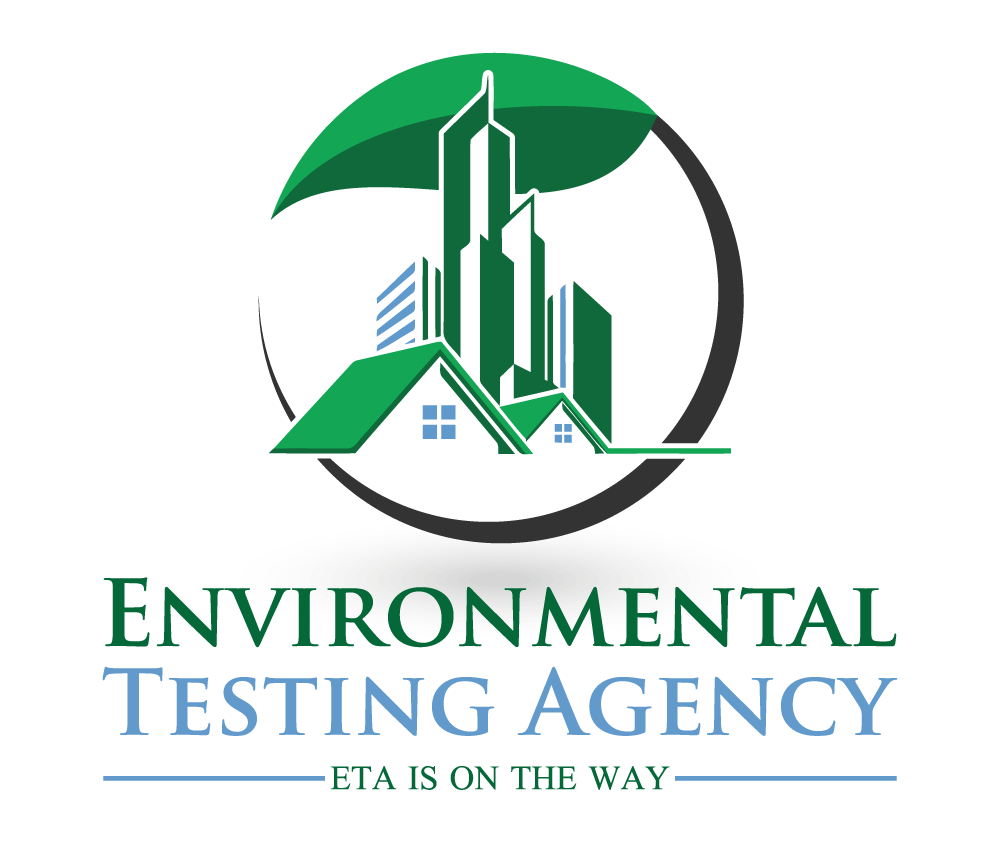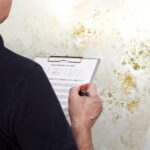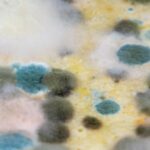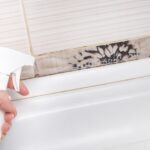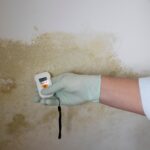Mold in HOA Properties: Know Your Rights and Responsibilities

Mold is a type of fungus that grows well in damp and warm places. You’ll often find it in areas with moisture, like bathrooms, kitchens, and basements. While it is a natural part of our environment, mold in HOA properties can become a big problem and even a legal issue.
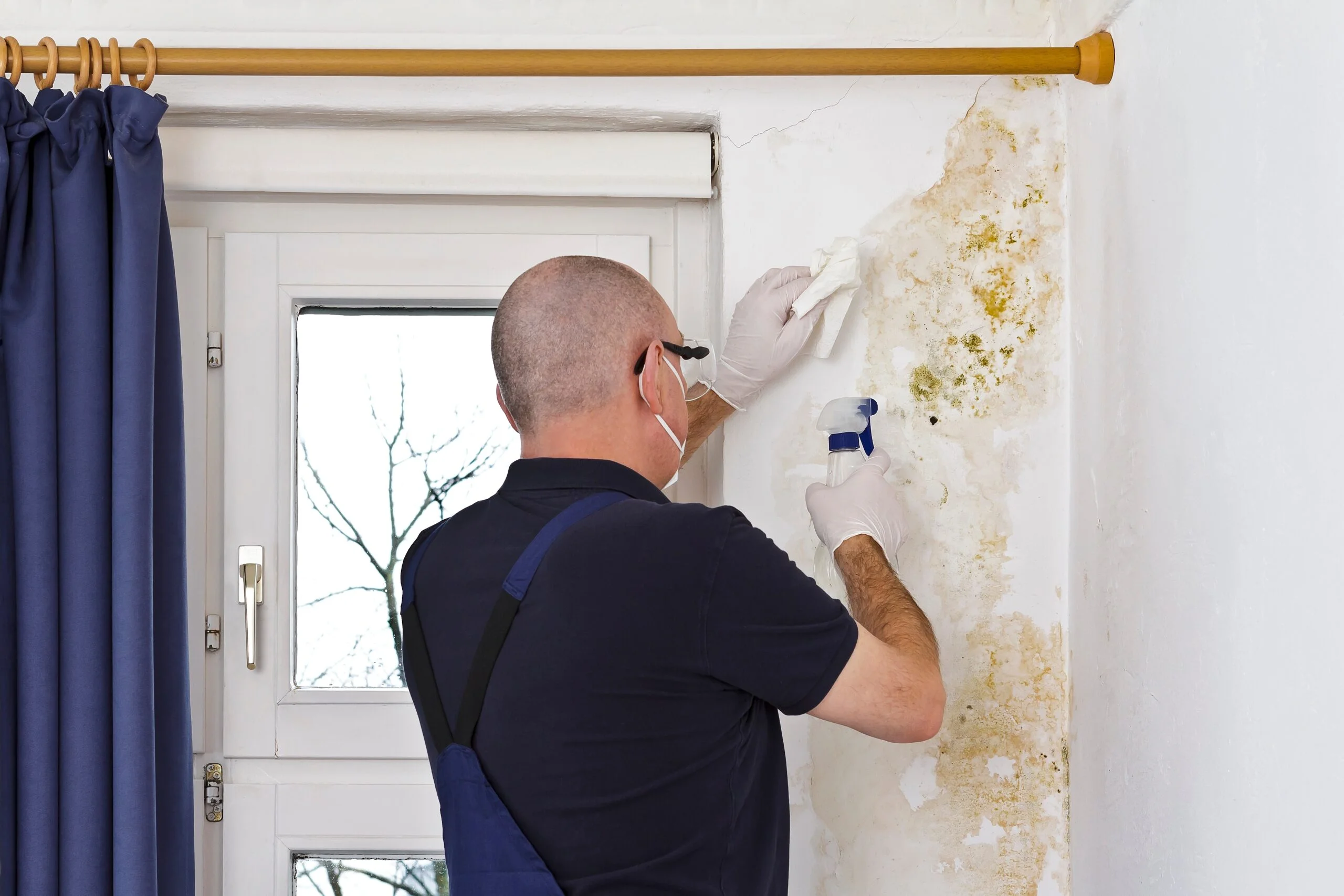
In HOA communities, where homes are close together, mold can spread quickly. This means it can affect not just one home but several, making it a serious concern for both homeowners and the association. Besides damaging property, mold can also pose health risks. Breathing in mold can lead to respiratory issues, allergies, and other health problems, especially for those who already have conditions.
Moreover, having mold can lower property values. If a home has mold issues, it may scare off potential buyers and hurt its resale value. That is why it is important for homeowners in HOA communities to understand the effects of mold. It impacts both their health and their investment.
Homeowners’ Rights When Dealing with Mold
If you discover mold in a property managed by a homeowners association (HOA), it’s important to know your rights. You have the right to live in a safe environment. This means that if mold is found, the HOA must respond without delay to protect your health and well-being.
HOA rules usually explain who is responsible for cleaning up mold and making repairs. Typically, the HOA handles common areas like hallways, roofs, and community spaces, while individual homeowners are responsible for issues inside their own units. It’s a good idea to review your HOA’s governing documents to understand your responsibilities and how to address mold problems.
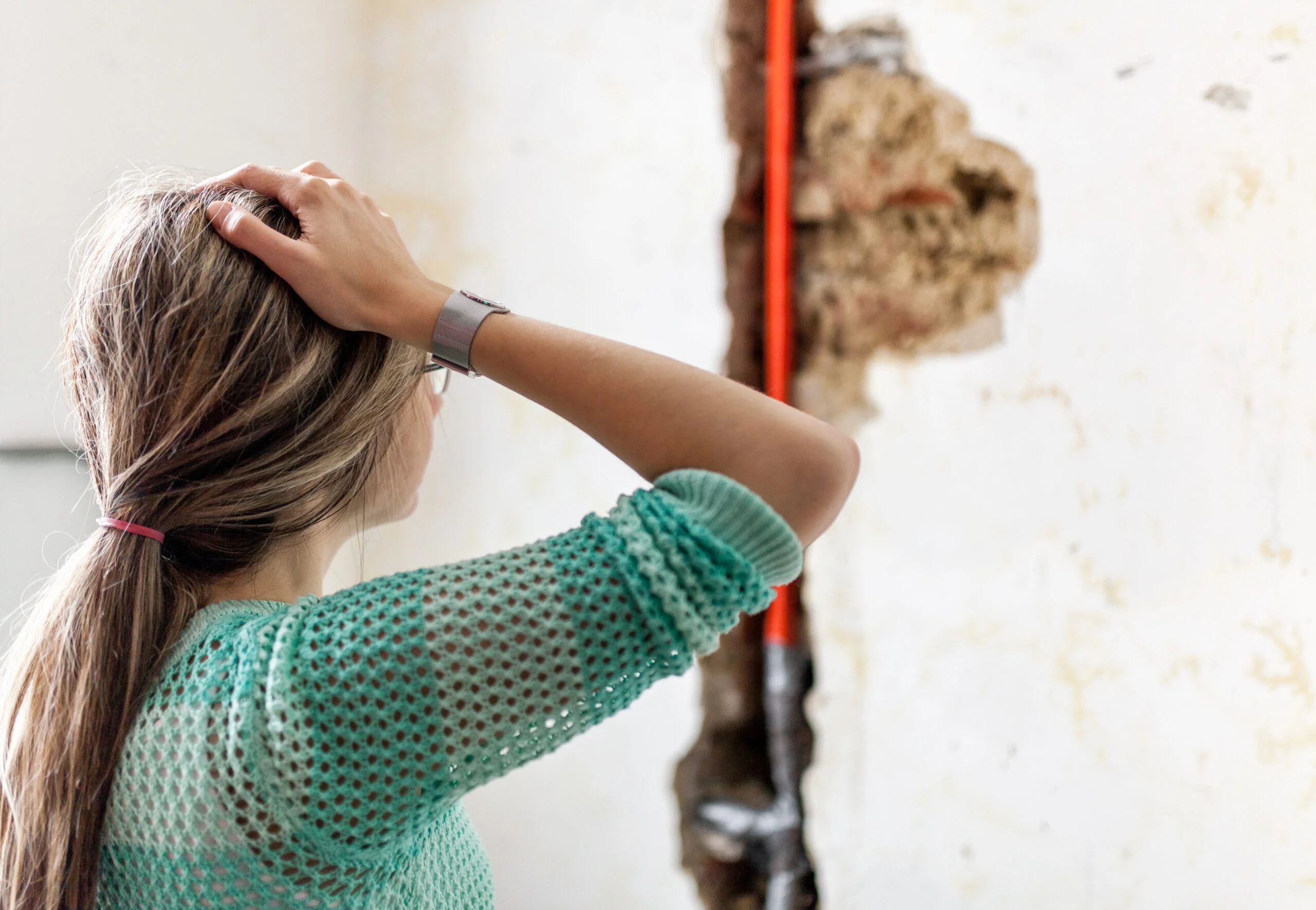
Sometimes, homeowners may feel that their HOA isn’t doing enough to fix mold issues. If the HOA fails to respond or refuses to take responsibility, you may need to consider legal action. Homeowners can enforce their rights by filing a lawsuit against the HOA, especially if mold has caused serious damage or health problems. It’s often best to try other options first, like talking directly to the HOA or seeking mediation to resolve the issue peacefully. Knowing your rights can help you take the right steps when dealing with mold in your community.
HOA Responsibilities for Mold Issues
Homeowners associations (HOAs) play an important role in keeping shared areas safe from mold. Since HOAs are in charge of these spaces, they need to make sure they stay clean and maintained. This includes regular cleaning, maintenance, and inspections to spot any mold problems before they get worse.
HOA responsibilities can differ based on the type of property. For example, in condominiums, the HOA usually handles common areas like hallways, lobbies, and roofs. If mold appears in these shared spaces, it’s up to the HOA to take care of it. In single-family homes, the HOA’s duties might be limited to outdoor areas, meaning homeowners are more responsible for mold inside their own homes.
Regular maintenance and inspections are important for preventing mold growth. HOAs should set up a routine to check for signs of moisture or mold in common areas. Taking this proactive step can help catch problems early, reducing health risks and costly repairs later on. By focusing on maintenance, HOAs can protect property values and ensure a safe living environment for everyone. Homeowners should feel free to talk to their HOA about any mold concerns, as open communication can lead to a team effort in preventing and dealing with mold issues.
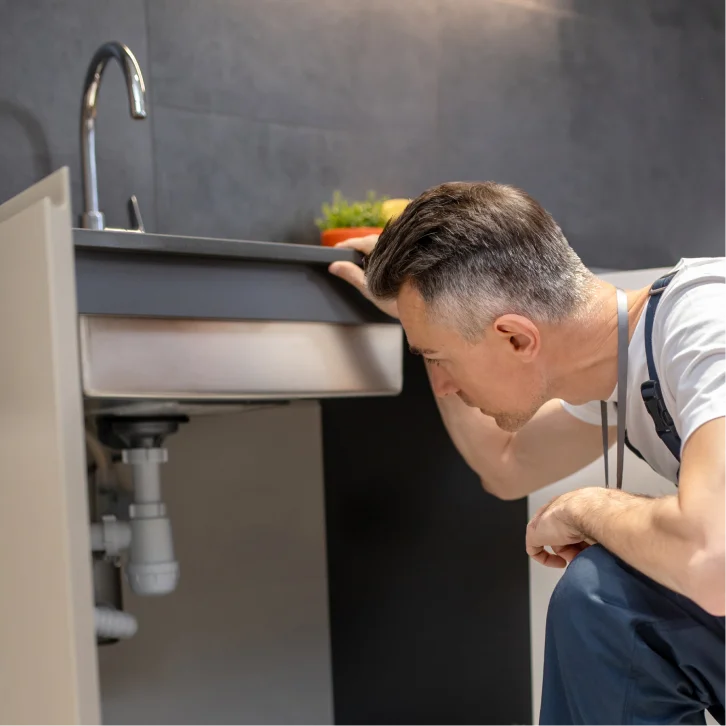
When to Consider Legal Action for HOA Mold Issues
Dealing with mold problems in a homeowners association (HOA) can be frustrating. Homeowners might think about legal action for a few reasons. One major reason is negligence. If the HOA knows about mold issues but fails to fix them or conduct regular inspections, they could be responsible for any damage or health problems.
Another reason is if the HOA doesn’t follow its own rules for mold cleanup and repairs. Homeowners might also file lawsuits if their property value drops due to unresolved mold issues or if they experience health problems from mold exposure.
If someone decides to file a lawsuit, the first step is to gather evidence, such as photos of mold, communication records with the HOA, and relevant medical records. Consulting with a lawyer who specializes in HOA disputes is a good idea to understand rights and options.

Next, the homeowner will file a complaint with the appropriate court, detailing the situation and claims against the HOA. The HOA will then have a chance to respond, and the case may proceed to mediation or court.
Legal action might be necessary if the HOA ignores multiple mold complaints, fails to maintain common areas, or doesn’t follow its own mold prevention guidelines. In these cases, taking legal action can help homeowners protect their health, property, and rights.
How to Solve Mold Problems with Your HOA Without Going to Court
Dealing with mold issues in your home doesn’t always have to end in a lawsuit. Many times, you can find a solution through communication and negotiation without the stress and costs of legal action. Here are some friendly tips to help you handle mold disputes effectively:
- Communicate Openly: Start by talking directly with your HOA. Share your concerns about the mold and how it affects your home and health. Being polite and clear can help create a better understanding between you and the HOA.
- Keep Records: Make sure to document everything about the mold issue and your conversations with the HOA. Take clear photos of the mold and note where and when you found it. Keep copies of any maintenance requests you’ve made. This evidence can support your claims and show the HOA that you’re serious about getting the issue resolved.
- Request a Meeting: Think about asking for a meeting with your HOA board to discuss the mold issue in person. This gives you a chance to share your concerns directly and may lead to a quicker solution. Be ready to present your documentation and explain why you believe action is needed.
- Suggest Solutions: Offer some potential solutions to the problem. Whether you suggest a specific mold cleanup service or ask for a timeline for repairs, presenting solutions shows that you want to work together instead of just blaming others.
- Consider Mediation: If talking directly doesn’t work, consider mediation. A neutral third party can help facilitate a discussion between you and the HOA, guiding both sides to find a solution that works for everyone. Mediation is often less formal and can be cheaper than a lawsuit.
- Follow Up: After your discussions or meetings, send a follow-up message summarizing what was talked about and any agreed actions. This reinforces your points and keeps a record of your efforts to resolve the issue.
By following these steps, homeowners can often settle mold disputes without going to court. A friendly, collaborative approach can lead to quicker and better solutions for everyone involved.
How to Prevent Mold Issues and Avoid Liability in HOA Properties
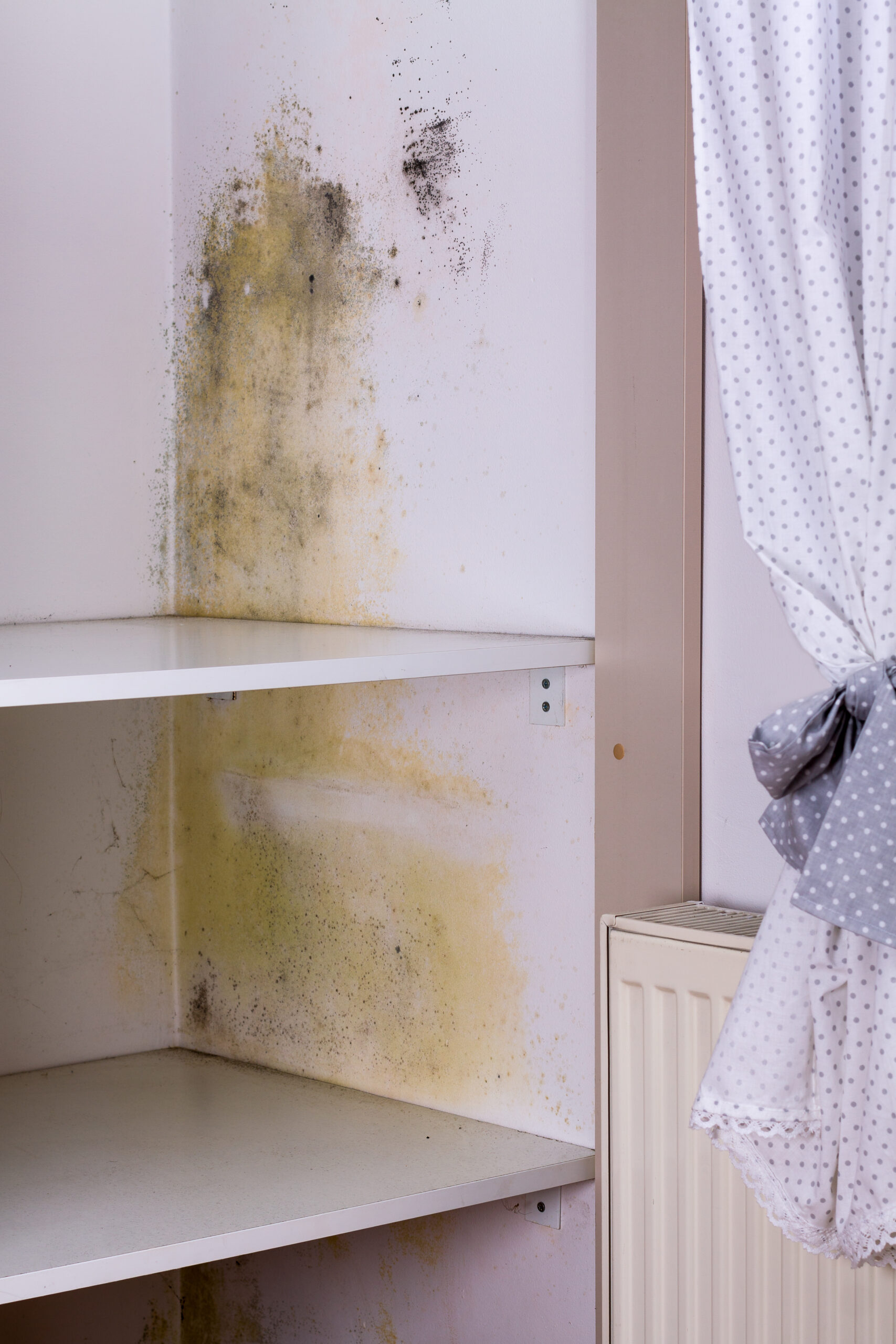
Preventing mold in HOA properties is important for keeping everyone healthy and avoiding legal problems. Both homeowners and HOAs can take steps to manage mold and prevent future conflicts. Here are some straightforward tips to help prevent mold and reduce liability:
- Regular Professional Inspections and Testing: One of the best ways to catch mold early is by scheduling regular professional inspections. Homeowners and HOAs should plan for inspections at least once a year, especially in humid areas where mold can grow quickly. Professional mold testing can find hidden moisture problems before they get worse, saving time and money.
- Check Your Insurance Coverage: It’s also important for both homeowners and HOAs to check their insurance policies to see if they cover mold issues. Homeowners insurance doesn’t always include mold damage, so it’s smart to review your coverage and think about adding extra protection if needed. HOAs should make sure their insurance covers mold in common areas and be ready to handle any claims.
- Control Moisture and Improve Ventilation: Mold grows when there’s too much moisture. Proper ventilation is key, especially in bathrooms and kitchens. Homeowners can use exhaust fans and dehumidifiers to lower moisture levels, while HOAs should make sure common areas have good ventilation. Fixing leaks, maintaining roofs, and checking plumbing regularly also help prevent mold by keeping moisture under control.
- Stay on Top of Maintenance: Homeowners should take care of small mold issues quickly before they spread. This includes cleaning any mold they find and fixing leaks or condensation. HOAs are responsible for maintaining common areas, including checking for leaks, fixing water damage, and making sure drainage systems are working properly to avoid standing water. Keeping up with maintenance tasks can prevent bigger mold problems down the road.
- Keep Communication Open: Good communication between homeowners and HOAs is crucial. If a homeowner notices any potential mold issues, they should report it to the HOA right away, even if it’s not in their own unit. HOAs should also keep homeowners informed about maintenance plans, inspections, and mold prevention efforts. Clear communication helps avoid misunderstandings and makes sure everyone is working together to keep the property mold-free.
How to Handle Mold in HOA Properties
Handling mold in HOA properties means both homeowners and the HOA need to know their rights and responsibilities. Staying on top of maintenance, keeping communication open, and getting regular professional inspections can prevent or solve mold problems without legal issues. Working together helps keep the living space safe, healthy, and free from mold.
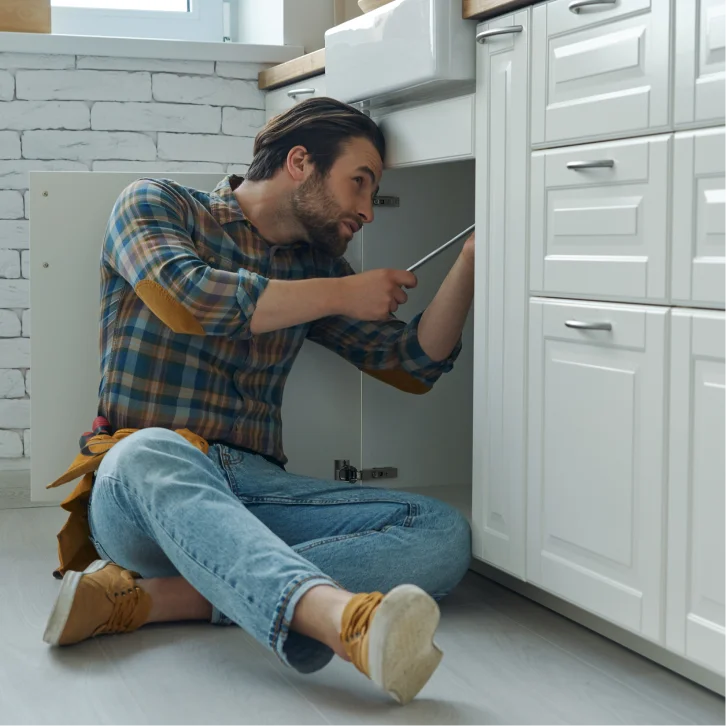
FAQs
- Who handles mold issues in HOA properties?
It depends on where the mold is. The HOA usually takes care of common areas like hallways and roofs. Homeowners are generally responsible for mold inside their own units. Check your HOA’s rules to be sure. - Can I sue my HOA over mold problems?
Yes, if the HOA neglects its responsibilities or doesn’t handle mold issues properly, you can take legal action. However, it’s often a good idea to try talking or using mediation before filing a lawsuit. - How can I stop mold from growing in my home?
Keep moisture under control. Use exhaust fans in the kitchen and bathroom, fix any leaks quickly, and make sure your home is well-ventilated. In humid areas, using a dehumidifier can help. - Does homeowners insurance cover mold?
It depends on your policy. Some cover mold caused by specific problems like a burst pipe, but many do not. Review your policy and think about adding mold coverage if needed. - What should I do if I find mold in a common area?
Report it to your HOA right away. They are usually responsible for common areas, and the sooner they know, the quicker it can be fixed before it spreads. - How quickly can mold become a serious problem?
Mold can start growing within 24 to 48 hours in moist conditions. If not handled, it can spread fast and cause health issues and damage, so it’s best to deal with it quickly. - What health issues are linked to mold exposure?
Mold can cause respiratory problems, allergies, coughing, sneezing, and even asthma attacks. People with weakened immune systems may have more serious reactions, so it’s important to get rid of mold as soon as possible. - Can mold affect the value of my home?
Yes, mold can lower your property value. Homes with mold problems may be harder to sell, and buyers might ask for lower prices or mold removal before agreeing to buy. - How do I document mold for an HOA dispute?
Take clear photos of the mold and note the location. Keep records of when you found the mold, along with any requests for maintenance or communication with the HOA. This can help if you need to present evidence. - Can my HOA stop me from hiring a mold inspector for my unit?
No, most HOAs cannot stop you from hiring your own mold inspector. Having an independent inspection can provide helpful information if you’re dealing with a mold issue.

